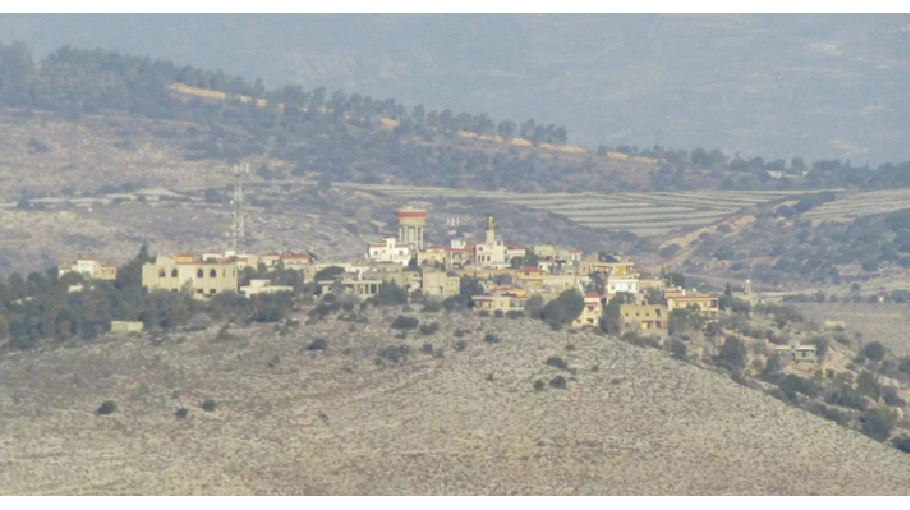In Lebanon, a family’s memories are detonated along with their village


Ayman Jaber’s memories are rooted in every corner of Mhaibib, the village in southern Lebanon he refers to as his “habibti,” the Arabic word for “beloved.” The root of the village’s name means “the lover” or “the beloved.”
Reminiscing about his childhood sweetheart, the 45-year-old avionics technician talks about how the young pair would meet in a courtyard near his uncle's house.
“I used to wait for her there to see her,” Jaber recalls with a smile. "Half of the village knew about us.”
The fond memory contrasts sharply with recent images of his hometown.
Mhaibib, perched on a hill close to the Israeli border, was leveled by a series of explosions on Oct. 16. The Israeli army released a video showing blasts ripping through the village in the Marjayoun province, razing dozens of homes to dust.
The scene has been repeated in villages across southern Lebanon since Israel launched its invasion a month ago with the stated goal of pushing Hezbollah militants back from the border. On Oct. 26, massive explosions in and around Odaisseh sparked an earthquake alert in northern Israel.
Israel says it wants to destroy a massive network of Hezbollah tunnels in the border area. But for the people who have been displaced, the attacks are also destroying a lifetime of memories.
Mhaibib had endured sporadic targeting since Hezbollah and Israeli forces began exchanging fire on Oct. 8 last year.



